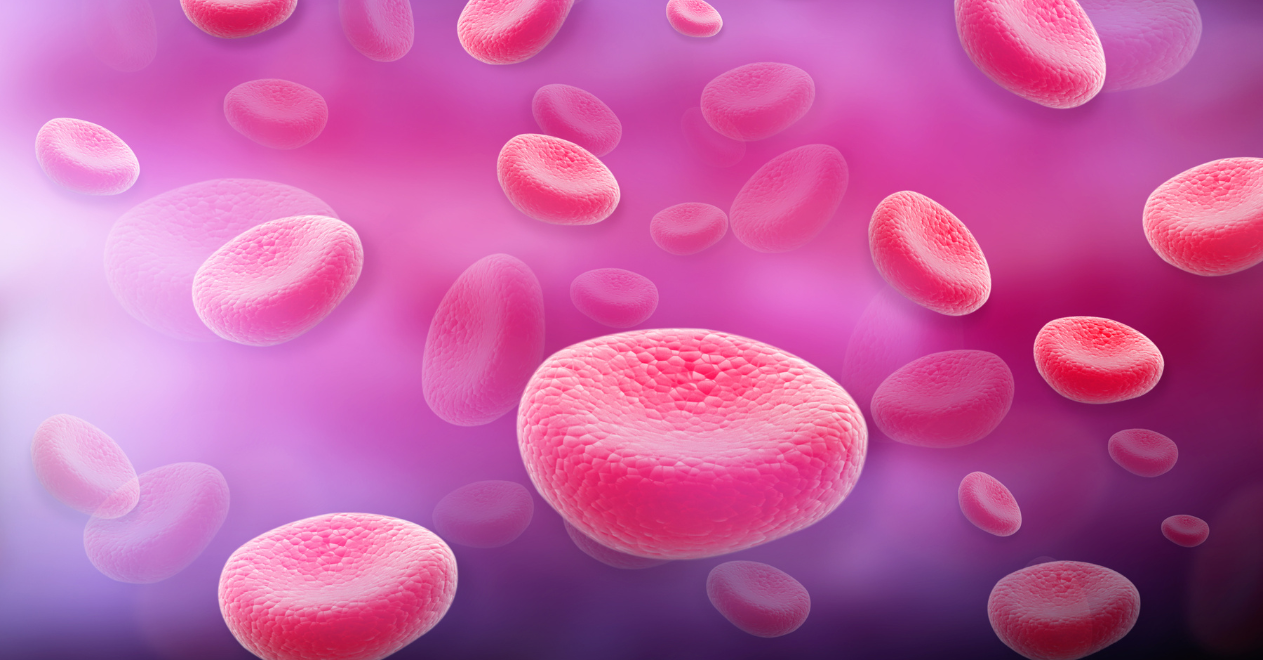Badge of Practice

Course Description
You will compare and contrast the characteristics of health and the characteristics of disease as related to the human body; Identify and define basic terminology related to the study of pathophysiology; Understand the basic normal human anatomy and physiology; Describe the pathophysiologic changes that occur in common diseases.
Learning Outcomes
- Relate understanding of the basic meaning of Pathophysiology as it relates to the healthcare profession.
- Compare and contrast the characteristics of health and the characteristics of disease as related to the human body.
- Identify and define basic terminology related to the study of pathophysiology.
- Understand the basic normal human anatomy and physiology.
- Describe the pathophysiologic changes that occur in the disease processes of the cardiac, respiratory, renal, endocrine, and gastrointestinal systems.
- Define the basic predisposing factors to high blood pressure, bradycardia, tachycardia, asthma, chronic obstructive pulmonary disease, urinary tract infections, diabetes, hypothyroidism, gastrointestinal reflux disease, and irritable bowel syndrome.
Instructor
- Assistant ProfessorDr. Jennie Bergen, EdD, RNC-OB, CNE
- Clayton State University
Teaching:Fall
September
3
Fall
2025
Start Date
January
5
Fall
2026
End DateUpcoming refers to the next academic term after the current one.
January
6
Spring
2026
Start Date
April
30
Spring
2026
End DateDuration
16 weeks
Instruction Method